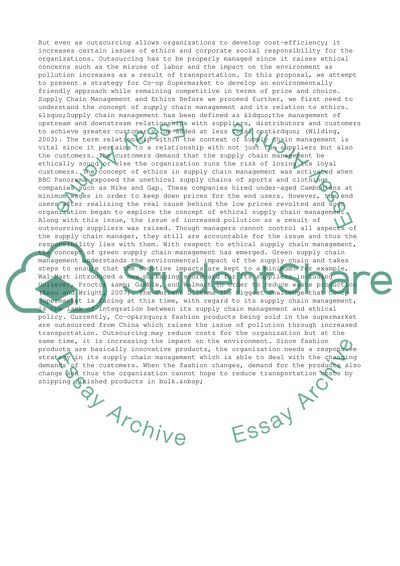Cite this document
(“A Strategy for Co-op Supermarket Essay Example | Topics and Well Written Essays - 1000 words - 2”, n.d.)
Retrieved from https://studentshare.org/management/1427869-supply-chain-management-i-need-some-one-who-knows
Retrieved from https://studentshare.org/management/1427869-supply-chain-management-i-need-some-one-who-knows
(A Strategy for Co-Op Supermarket Essay Example | Topics and Well Written Essays - 1000 Words - 2)
https://studentshare.org/management/1427869-supply-chain-management-i-need-some-one-who-knows.
https://studentshare.org/management/1427869-supply-chain-management-i-need-some-one-who-knows.
“A Strategy for Co-Op Supermarket Essay Example | Topics and Well Written Essays - 1000 Words - 2”, n.d. https://studentshare.org/management/1427869-supply-chain-management-i-need-some-one-who-knows.


